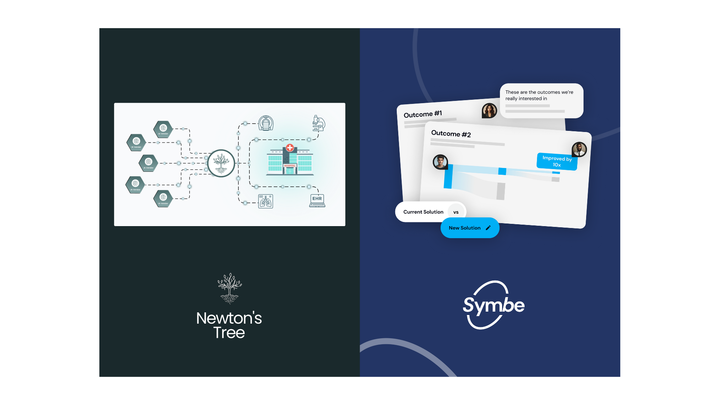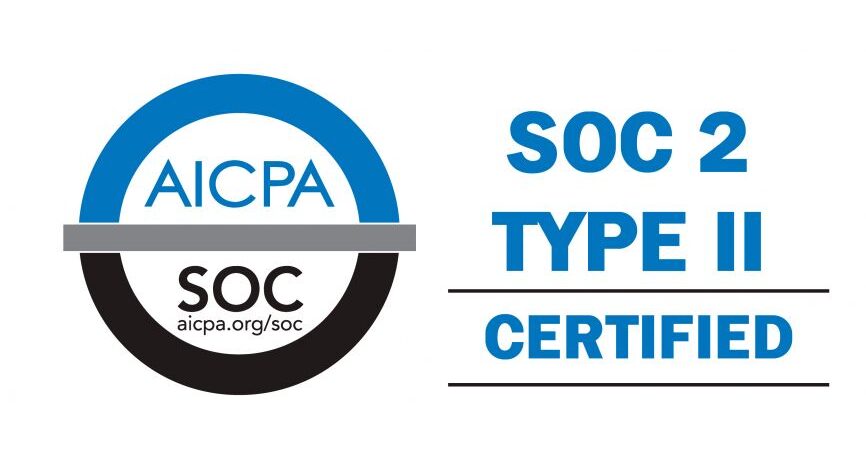In today’s challenging economic climate, GTM teams are under increased pressure to make a compelling business case for every deal. Building alignment with one’s buyer on what’s important to them can make all the difference between winning a deal or getting pushed down the priority list.
Yes, despite their critical importance, business cases are often an afterthought – only actioned when a prospect or client requests one. But companies are missing a major trick here. A business case quite literally makes the case for buying your services. When done well, it demonstrates an irrefutable reason to buy your products or services today, demonstrating the positive outcomes a buyer will receive in buying your services.

Aligning with Buyer Priorities
The current economic climate has placed added pressure on GTM teams to not only showcase their offerings but also to build a strong alignment with what truly matters to the buyer. The ability to understand and articulate how your solutions address the specific challenges and opportunities facing your clients is what differentiates a winning deal from one that is deprioritized. A well-crafted business case acts as a bridge between the seller’s proposition and the buyer’s needs, ensuring that the value delivered is both recognized and appreciated.
The Essence of Value-Based and Educational Selling
Business cases are especially pivotal in scenarios where the sale involves a level of education about the product or service’s value. This is particularly relevant in emerging sectors, such as Artificial Intelligence (AI), where the benefits are evident but quantifying the value requires a deeper understanding. In such contexts, the business case serves as an educational tool, not just for the direct buyer but also for internal stakeholders who may need convincing. It lays the groundwork for informed decision-making, highlighting not only the potential returns but also the strategic advantages of adopting the solution.
When your Champion asks you for a business case, it’s because they likely have a stakeholder they need to sell in to. These champions often need assistance in advocating for your product or service internally. A robust business case equips them with the necessary ammunition to make a compelling argument on your behalf. It transforms them from supporters into persuasive internal sellers, significantly increasing the likelihood of deal, while making them look good in the process.
Standardization and Optimization
The most successful GTM teams recognize the power of a standardized approach to business cases. By developing and maintaining a library of optimized business cases, companies can ensure consistency, efficiency, and impact across their sales efforts. This repository becomes a valuable asset, enabling sales teams to quickly adapt and tailor their business case to meet the specific needs of each prospect while drawing on proven strategies and data. The result is a streamlined sales process, improved conversion rates, and larger pipeline.
The role of business cases extends far beyond a mere formality. They are a critical component of a successful GTM and customer success strategy, providing a foundation for value-based and educational selling. By prioritizing the implementation and use of compelling business cases, companies can significantly enhance their sales effectiveness, align more closely with their customers’ needs, and achieve greater success in their market pursuits. In the face of economic challenges and competitive pressures, the ability to articulate and demonstrate the unique value of your offerings through a well-crafted business case is not just an advantage—it’s a necessity.
















